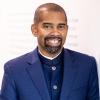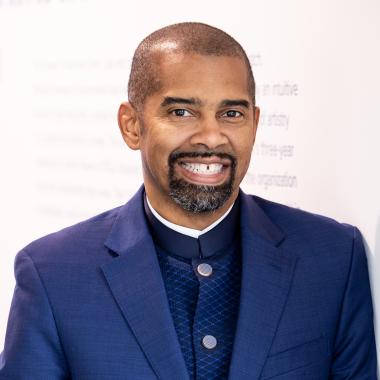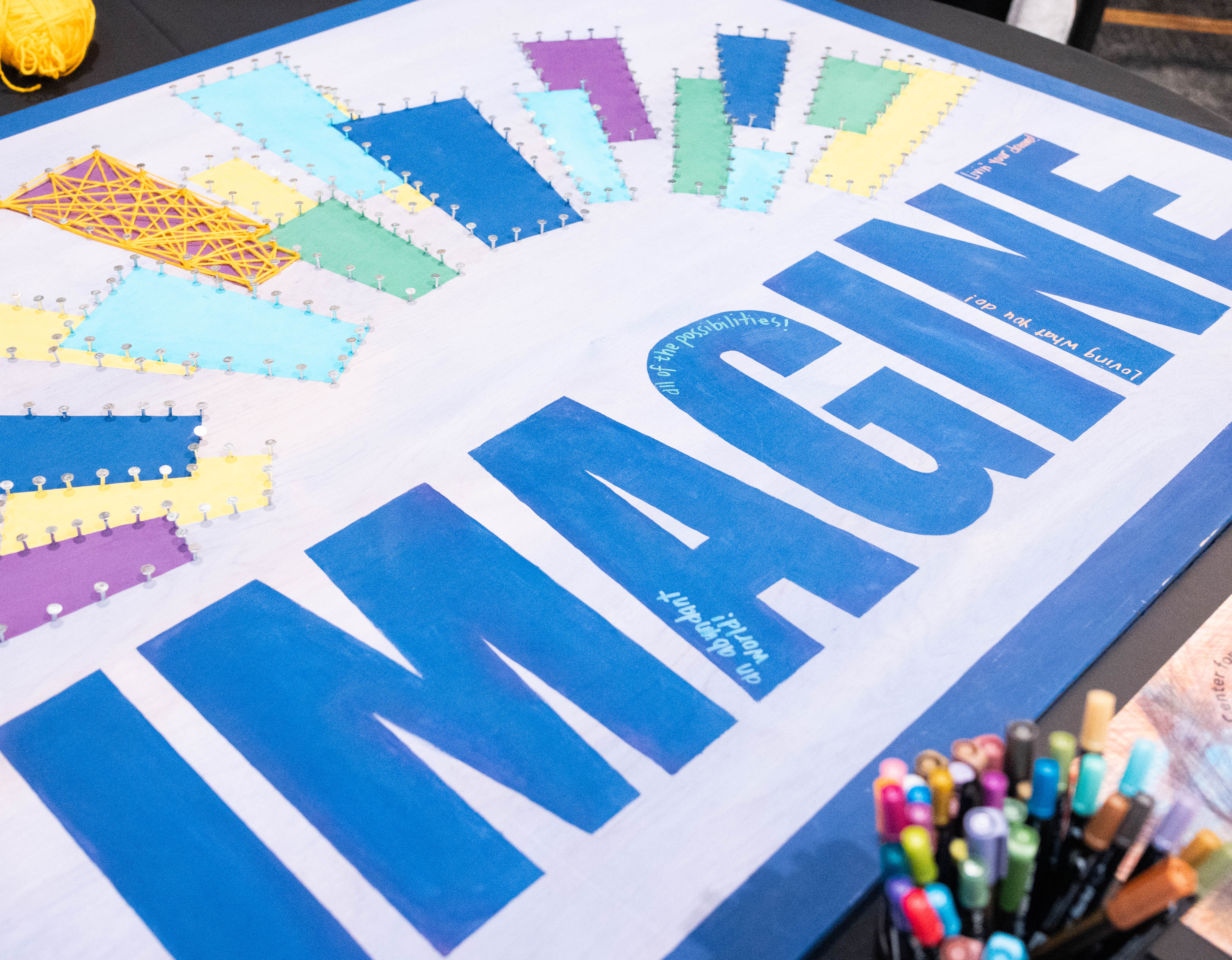Lessons on Legacy and Lineage
If you know me, you know how central my mother was in my life. I often say I do what I do because of my father, but I am what I am because of her. So when her birthday rolled around recently and my sister Nadine mentioned she’d unearthed some more papers of hers, I was naturally interested. In particular, Nadine found notes my mother had made on a 1948 article titled Health Problems of Negroes in Richmond. I was equally impressed by the depth of the analysis of the article and the thoughtful notes my mother had made on it. Some of its findings might sound familiar:
The differential incidence of such diseases may be explained,
however, without reference to the principle of natural selection.
It may be explained in terms of economic and cultural factors.
The article goes on to mention how our health is shaped by our class or race. I was first struck by imagining my mother as a 13-year-old making the observations she had in the margins. My second thought was, really? Were we having the same conversation 75 years later? Was it so inescapable that a middle schooler had to confront the intense realities of the racial divide as a part of her learning process?
In a moment, it crystalized why we do what we do at NCG, and why I accepted the responsibility of being at the helm of the organization at this pivotal moment in the history of organized philanthropy. We do this because this sector, at its best, can move the needle on issues that have existed for generations. We do it because we refuse to succumb to historical amnesia. We do it to honor those whose work has existed before us and will exist after us. We do it because there’s a better legacy we can build for and with our communities.
My mom made her own legacy, pursuing dentistry and serving communities on the margins, families that could never begin to afford the care she was providing. We’re trying to build our legacy at NCG by centering equity as we address the most pressing issues of our time: democracy preservation, climate resilience, and equitable economies. Whose notes are you reading on the margins and centering in your work? Whose lineage are you building? What’s your legacy?


